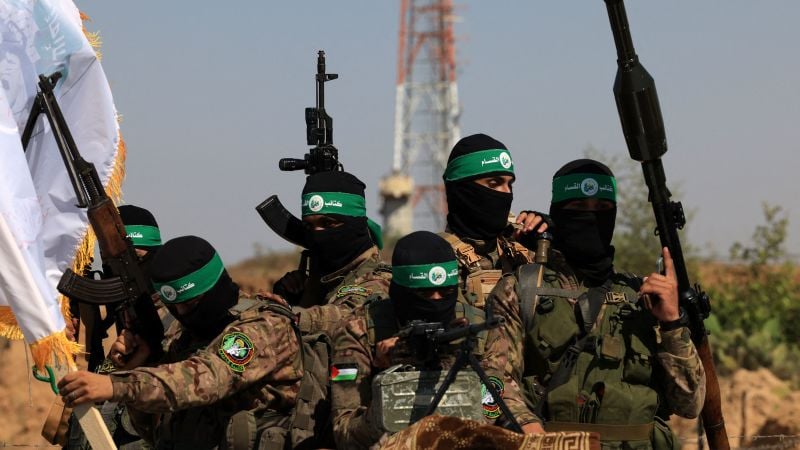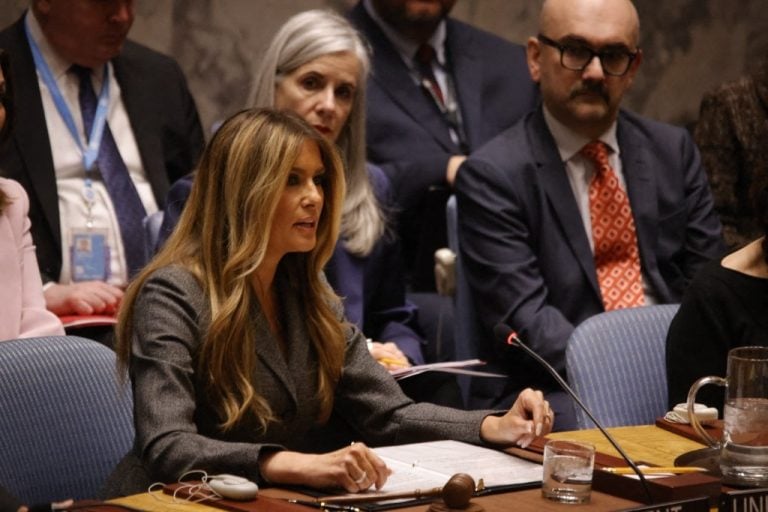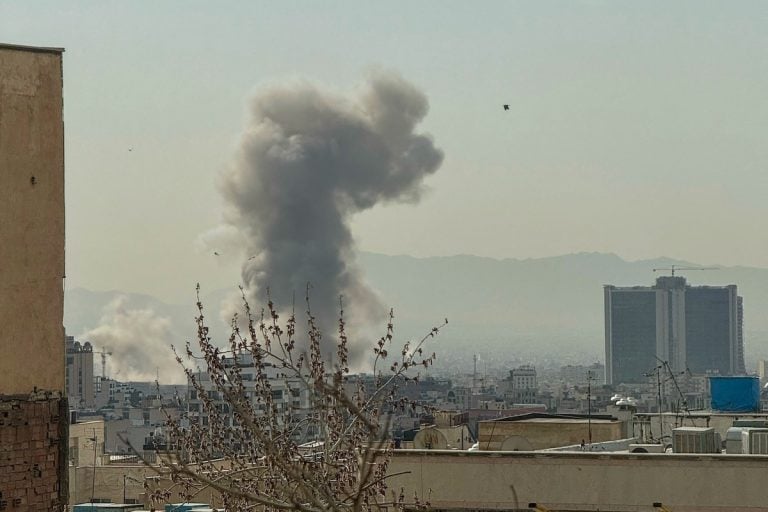The White House announced that Israel had approved a new ceasefire proposal intended to end the ongoing conflict in Gaza, but representatives of Hamas indicated that the terms did not meet their essential demands. Despite efforts to secure a truce after over 19 months of warfare, the situation remains tense, particularly following Israel’s renewed military operations in Gaza.
Press Secretary Karoline Leavitt conveyed that President Donald Trump and US envoy Steve Witkoff had put forth the proposal to Hamas, with Israeli consent obtained prior to its delivery. However, Israel has not officially confirmed this endorsement. Hamas officials expressed discontent, highlighting that the proposal is perceived as inadequate and fails to address critical issues, including the cessation of hostilities.
Hamas political bureau member Bassem Naim characterized the new proposal as a means to prolong suffering, stating that it fails to fulfill any of the organization’s significant demands. Sources close to Hamas indicated that the latest proposal is seen as a step backward from previous agreements that included commitments from the United States toward comprehensive ceasefire discussions.
Details of the ceasefire proposal suggest a 60-day truce, potentially extendable to 70 days, along with the exchange of 10 living hostages for Palestinian prisoners within the first week. In the meantime, the humanitarian crisis in Gaza remains severe, with aid beginning to arrive after a prolonged Israeli blockade. Nonetheless, food security experts warn that approximately one in five people in the territory are at risk of starvation.
The Israeli military has intensified its operations, asserting that these actions are part of a renewed campaign to eliminate Hamas, which was responsible for initiating the current conflict on October 7, 2023. Reports indicate that Israeli airstrikes resulted in 54 casualties on Thursday alone, including significant losses in Al-Bureij and in proximity to a US-backed humanitarian aid center.
Efforts to distribute aid have faced substantial criticism due to the diversion from the traditional United Nations-led system, with Israel’s ambassador to the UN alleging that the UN was obstructing aid efforts led by the Gaza Humanitarian Foundation. Amid rising frustrations, residents in Gaza have described chaotic scenes at aid distribution facilities, with accounts of gunfire and aggressive crowd control measures employed in response to desperate hunger.
Additional reports have surfaced concerning forced evacuations at medical facilities, with some hospitals facing attacks amid the ongoing conflict. As the situation unfolds, the humanitarian toll continues to rise, with alarming figures reported by the Hamas-run health ministry, which states that at least 3,986 individuals have died since the ceasefire ended in March, contributing to an overall death toll that now exceeds 54,249. The conflict shows no signs of de-escalation, leaving civilians in dire need of relief.







